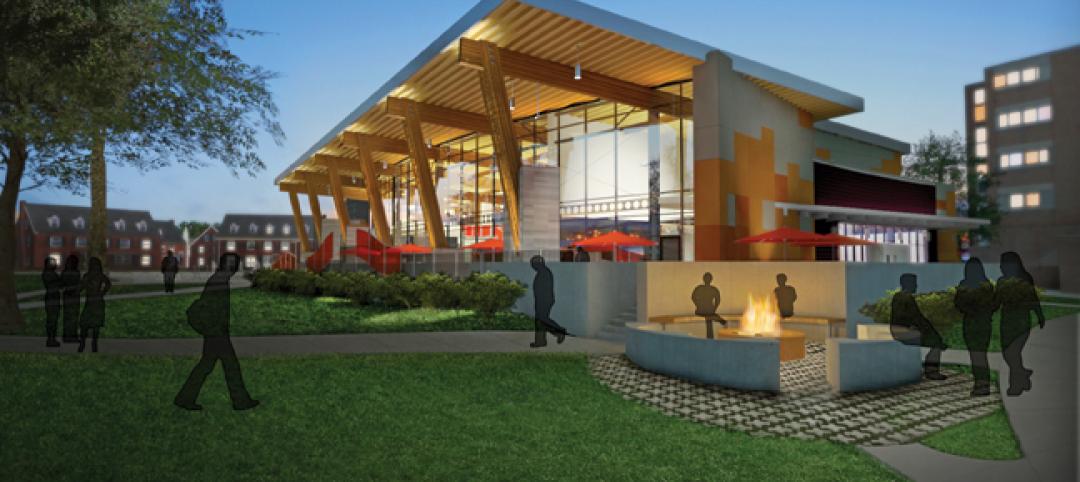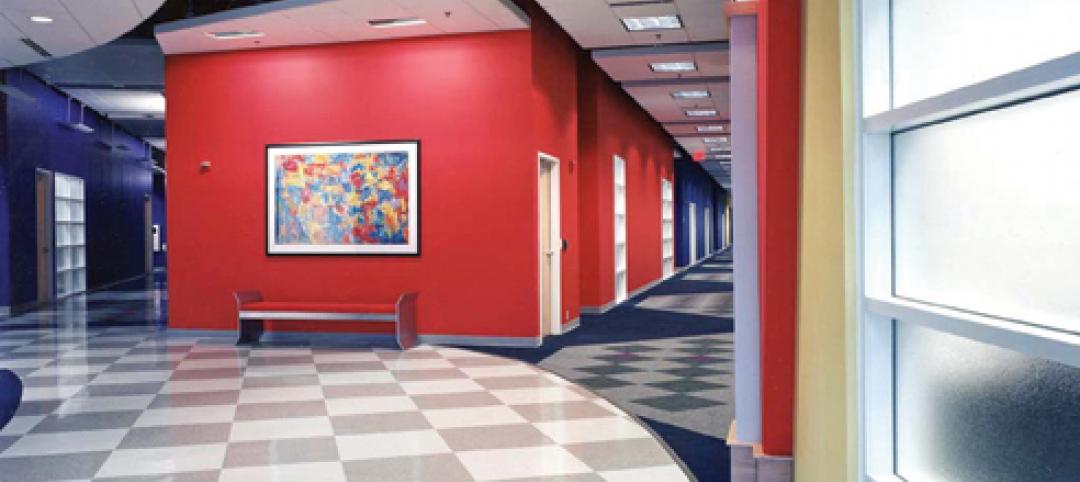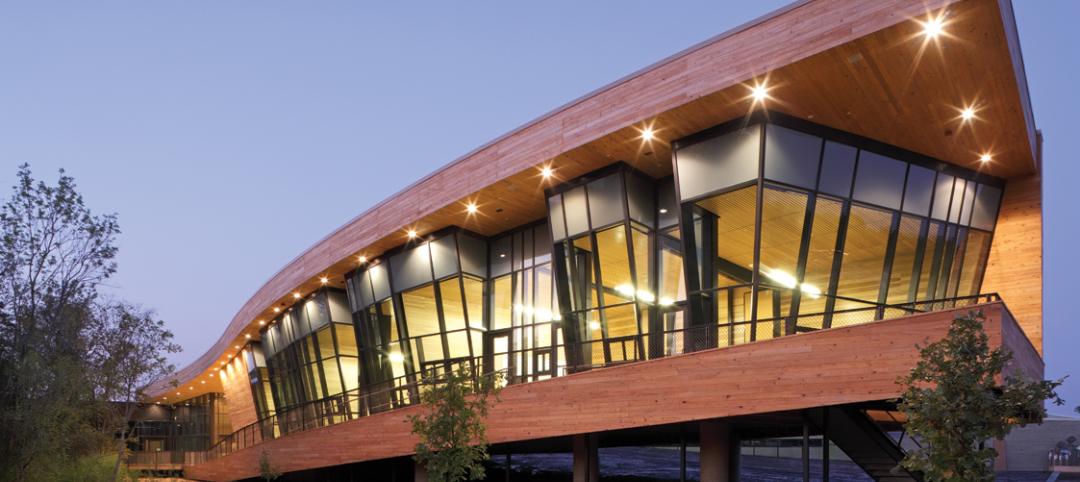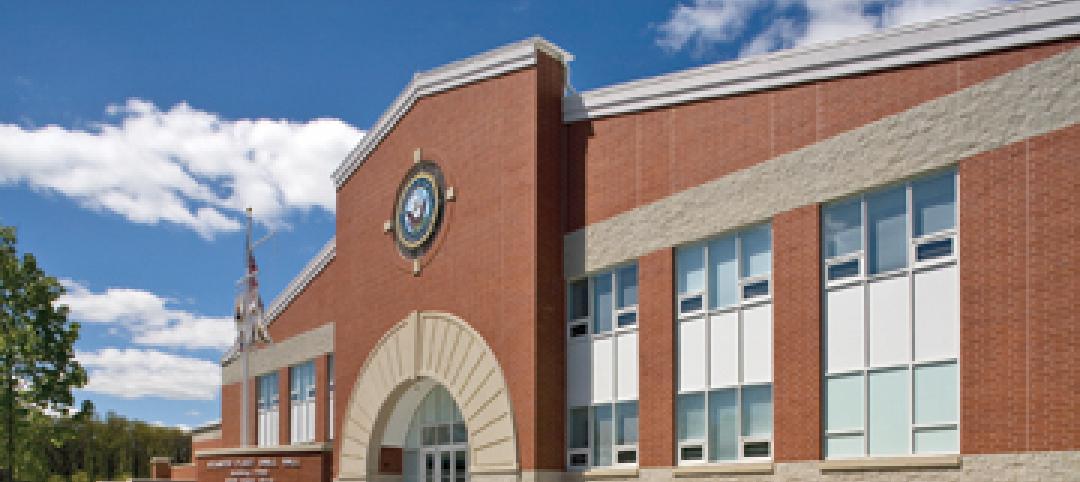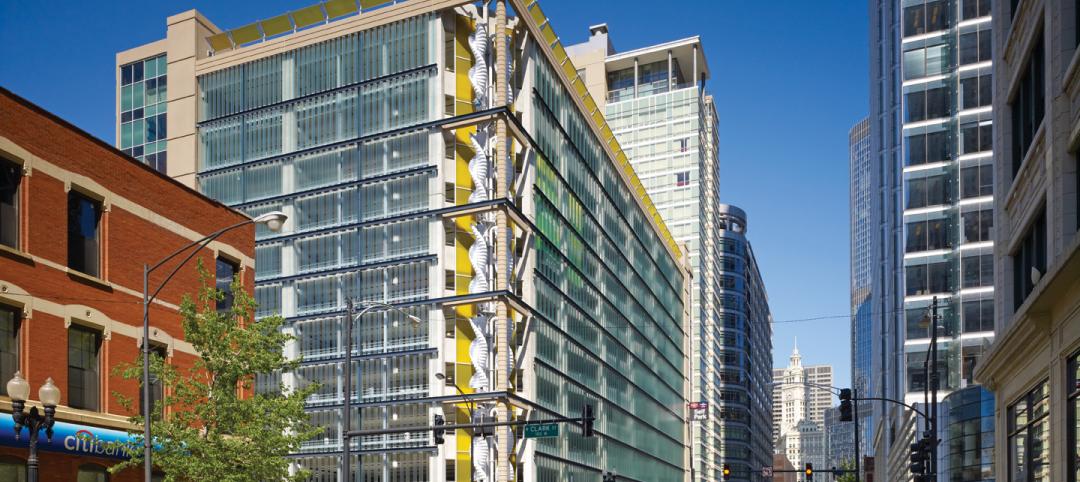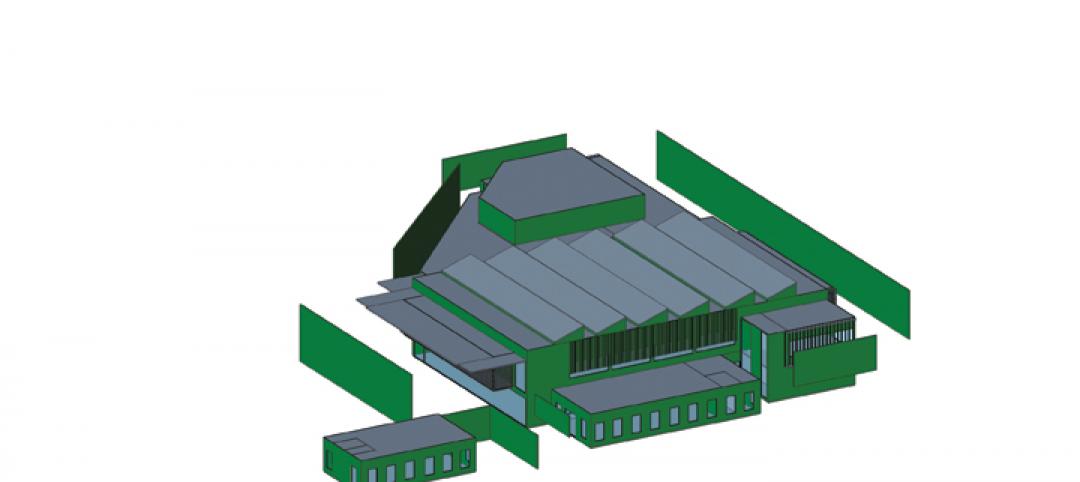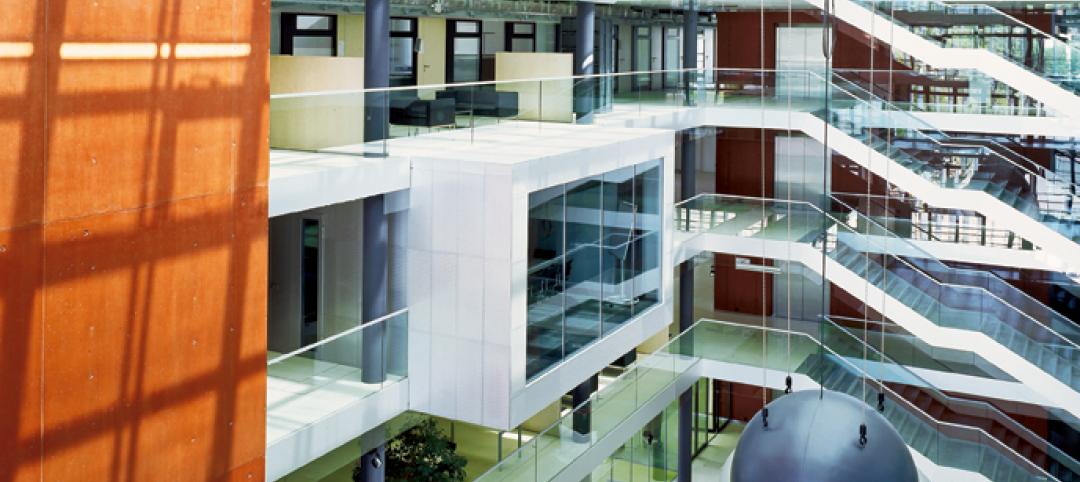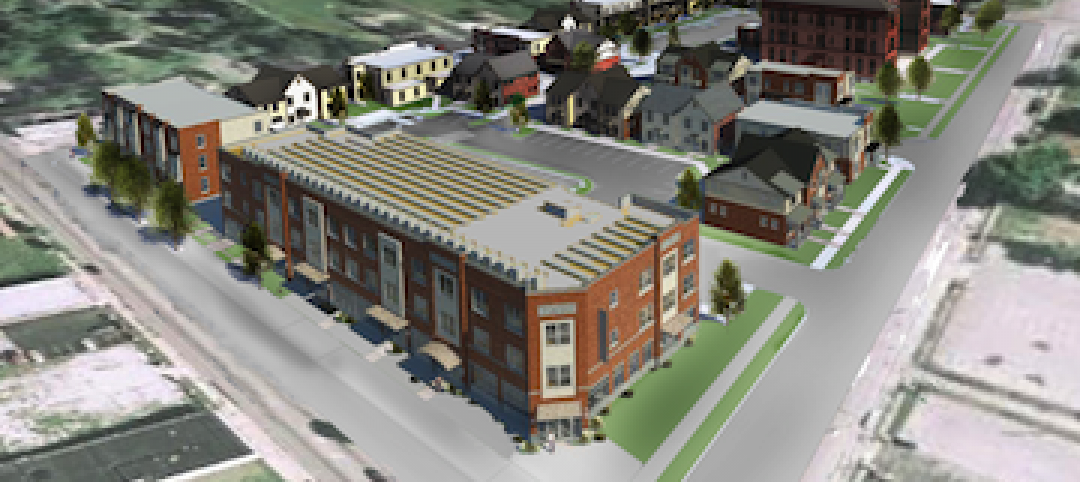IMEG Corp., a leading full-service engineering firm, has acquired the structural engineering group of Cardno.
Founded in Houston in 1976 as Haynes Whaley, the structural group joined Cardno, a publicly traded global engineering and environmental consulting firm, in October 2013. The team specializes in structural design and forensic engineering in a variety of market sectors. Its offices in Reston, VA, and Houston and Austin, TX, add to the reach of IMEG’s previously existing 50 offices.
"We are excited to add Cardno’s structural team and deepen our bench of expertise," said IMEG President/CEO Paul VanDuyne. “Their strong and diverse client base is a testament to their technical skills and customer-based focus – two vital characteristics that match IMEG’s own priorities.” VanDuyne added that the team’s structural capabilities complement IMEG’s existing MEP capabilities in the Texas region and the Reston office is a great first step in expanding east. “This enables us to now offer full engineering building design services in the Texas marketplace and positions IMEG for future growth,” he said.
Bob Pronier, Principal and team leader, said his team is looking forward to being part of IMEG’s growing national presence and breadth of disciplines. “By combining both firms’ structural building expertise, along with IMEG’s building design experience in multiple national markets, we’re creating a strong synergy for future growth,” he said. “This acquisition also enhances the expertise and value we bring to our clients.” Bob will continue to lead the Reston, Houston, and Austin operations.
The team joined IMEG on May 29 and is now doing business as IMEG Corp. It will continue to operate out of its existing locations with the same team and leadership continuity. AEC Advisors, LLC initiated the transaction and advised Cardno.
Related Stories
| Nov 3, 2010
Dining center cooks up LEED Platinum rating
Students at Bowling Green State University in Ohio will be eating in a new LEED Platinum multiuse dining center next fall. The 30,000-sf McDonald Dining Center will have a 700-seat main dining room, a quick-service restaurant, retail space, and multiple areas for students to gather inside and out, including a fire pit and several patios—one of them on the rooftop.
| Nov 2, 2010
11 Tips for Breathing New Life into Old Office Spaces
A slowdown in new construction has firms focusing on office reconstruction and interior renovations. Three experts from Hixson Architecture Engineering Interiors offer 11 tips for office renovation success. Tip #1: Check the landscaping.
| Nov 2, 2010
Cypress Siding Helps Nature Center Look its Part
The Trinity River Audubon Center, which sits within a 6,000-acre forest just outside Dallas, utilizes sustainable materials that help the $12.5 million nature center fit its wooded setting and put it on a path to earning LEED Gold.
| Nov 2, 2010
A Look Back at the Navy’s First LEED Gold
Building Design+Construction takes a retrospective tour of a pace-setting LEED project.
| Nov 2, 2010
Wind Power, Windy City-style
Building-integrated wind turbines lend a futuristic look to a parking structure in Chicago’s trendy River North neighborhood. Only time will tell how much power the wind devices will generate.
| Nov 2, 2010
Energy Analysis No Longer a Luxury
Back in the halcyon days of 2006, energy analysis of building design and performance was a luxury. Sure, many forward-thinking AEC firms ran their designs through services such as Autodesk’s Green Building Studio and IES’s Virtual Environment, and some facility managers used Honeywell’s Energy Manager and other monitoring software. Today, however, knowing exactly how much energy your building will produce and use is survival of the fittest as energy costs and green design requirements demand precision.
| Nov 2, 2010
Yudelson: ‘If It Doesn’t Perform, It Can’t Be Green’
Jerry Yudelson, prolific author and veteran green building expert, challenges Building Teams to think big when it comes to controlling energy use and reducing carbon emissions in buildings.
| Nov 2, 2010
Historic changes to commercial building energy codes drive energy efficiency, emissions reductions
Revisions to the commercial section of the 2012 International Energy Conservation Code (IECC) represent the largest single-step efficiency increase in the history of the national, model energy. The changes mean that new and renovated buildings constructed in jurisdictions that follow the 2012 IECC will use 30% less energy than those built to current standards.
| Nov 1, 2010
Sustainable, mixed-income housing to revitalize community
The $41 million Arlington Grove mixed-use development in St. Louis is viewed as a major step in revitalizing the community. Developed by McCormack Baron Salazar with KAI Design & Build (architect, MEP, GC), the project will add 112 new and renovated mixed-income rental units (market rate, low-income, and public housing) totaling 162,000 sf, plus 5,000 sf of commercial/retail space.
| Nov 1, 2010
John Pearce: First thing I tell designers: Do your homework!
John Pearce, FAIA, University Architect at Duke University, Durham, N.C., tells BD+C’s Robert Cassidy about the school’s construction plans and sustainability efforts, how to land work at Duke, and why he’s proceeding with caution when it comes to BIM.



